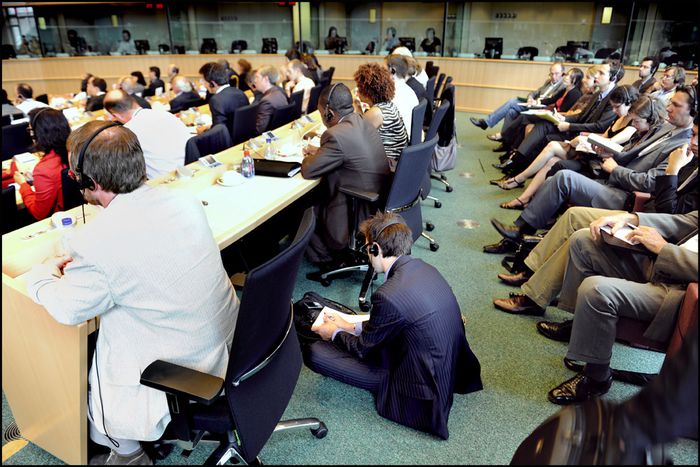
26 faces: so, who's your favourite new EU commissioner?
Published on
Piebalgs, Dalli, Damanaki. No, these are not types of cheese, but the names of the all-new EU commissioner stars from Latvia, Malta and Greece. The time has come for the 26 members of team Barroso II: between 11 and 22 January, the old and new string pullers of Europe will undergo a grilling on their new positions and tasks during the so-called confirmation hearings. Updates of the Barroso team of the next five years after their Brussels trials; the final vote takes place in mid-February
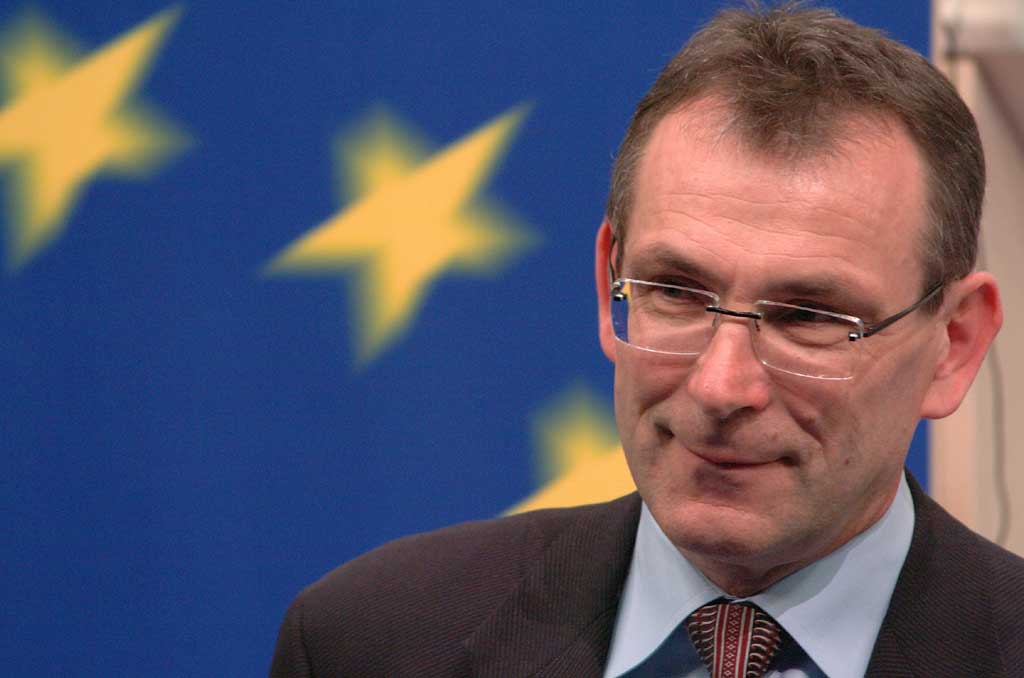
After finishing his physics degree in Riga and plaguing schoolchildren who he taught maths and physics, Andris Piebalgs also has an exemplary political career behind him. At 52, he is co-founder of the party ‘Latvian Way’, a former education minister and has played a decisive role in the negotiations for Latvia’s EU membership in 2004. Piebalgs is now giving up his position as ‘Mr Energy’ on the Barroso I commission to take on the development job. The eloquent Latvian aims to promote the fight against poverty and for a target-orientated policy on climate change. He has, however, admitted that he needs a bit of help when it comes to UN campaigns (Image: ©European commission)
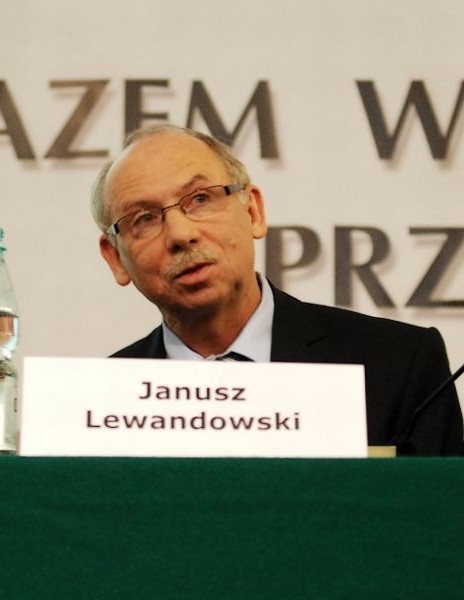
The 58 year old Polish commissioner, Janusz Lewandowski, seemed to have convinced his hearer on 11 January. He is sometimes accused of not taking key themes, like a European tax ('Europe isn’t ready') enough into consideration. However, the liberal economist who, before becoming a member of European parliament (MEP) in 2004, was an expert for the trade union movement Solidarność, passed his entrance exam with flying colours. His post will play an important role in the forthcoming mandate: a general overhaul of the EU-budget is on the cards(Image: ©Małopolski Instytut Kultury/ Flickr)
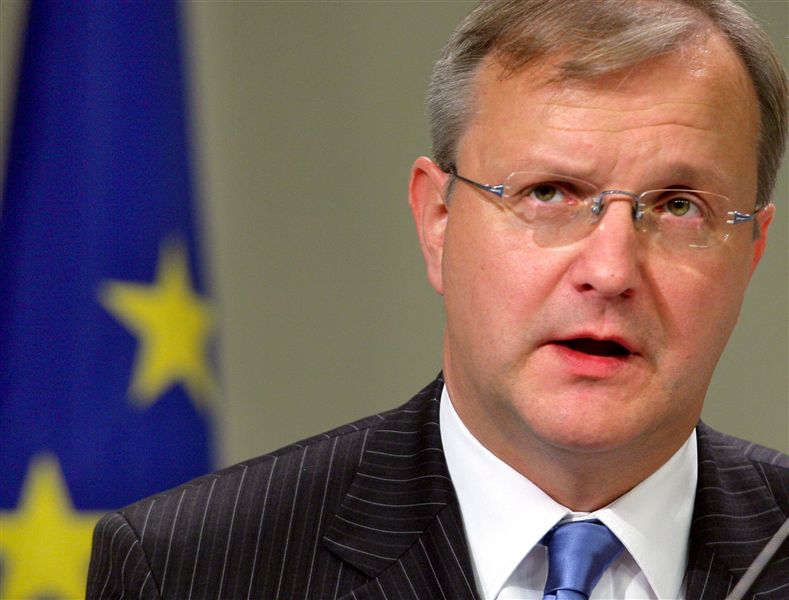
Bye bye Spaniard Joaquin Almunia, hello Olli Rehn. The 47-year-old is already quite a big fish from his five years as enlargement commissioner. He is an expert in crises; one of his most famous 2006 quips was where he described his work stopping Turkey and Cyprus becoming a ‘train crash.’ From his confirmation hearing on 11 January, the keywords on the economic commissioner’s lips could be summed up into neat mathematical formulas such as ‘Estonia+euro+2011’ and ‘Greece+deficit=bailout?’. Whatever the case, the crashing eurozone is now in the hands of the firm Finn (Image: ©European commission)
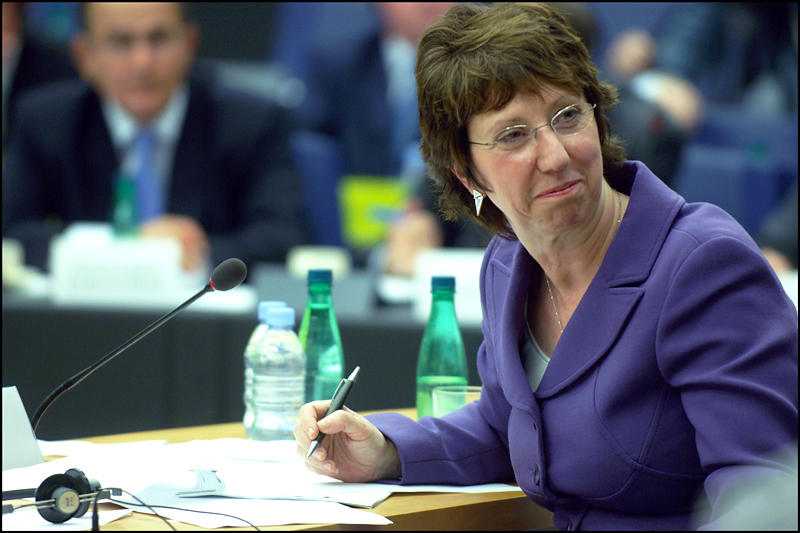
It is often forgotten that the blue-blooded Baroness Ashton of Upholland, who will be 54 in March, has a politically-loaded second name: Margaret. Even the British labour politician herself was surprised at her election to be Mrs High Representative on 19 November 2009. There was outrage in the media that Lady Catherine has too little experience in foreign policy for the job and that her name was too unknown. Admittedly, Lady Ashton does know the Lisbon treaty well, having adamantly supported it in the UK. As former trade commissioner, she is also well schooled in the ins and outs of the EU, so she was able to keep the jibes from British conservatives about her past as an anti-nuclear weapons activist quiet during her hearing (Image: ©European parliament)
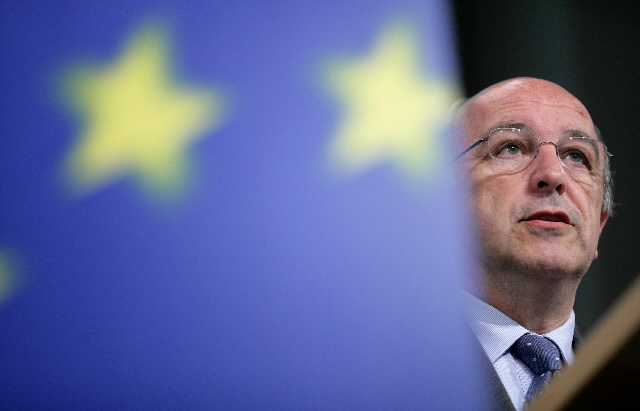
Joaquín Almunia was brought into the world 62 years ago in Bilbao. An economics graduate who spent time studying in Paris, Mr Almunia began his political career in the 1970s as an economics expert for Spanish trade unions. At that time he also joined the forbidden PSOE (Spanish worker’s socialist party), where he rapidly pushed his way through to getting a parliamentary position and later becoming prime minister. In 2004 he was made commissioner for economic and monetary affairs. In this year’s hearing the designated vice president and commissioner for competition came across as confident. The nomination of Spaniards close to Barroso is said to be one of the most promising (Image: ©European commission)
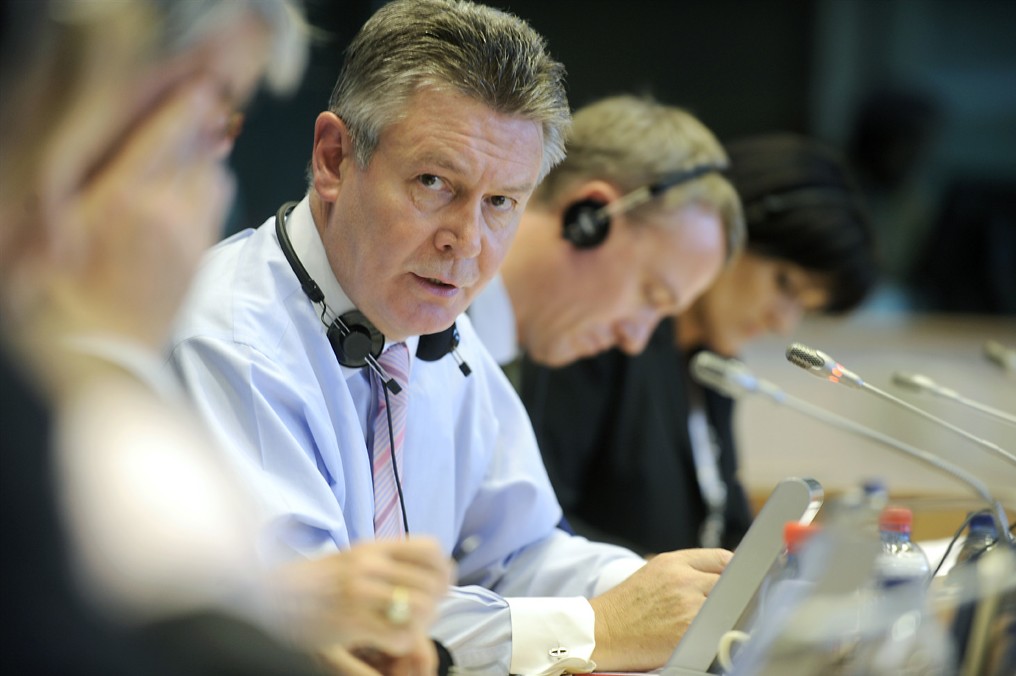
He wins the prize for longest name in the EU commission: Karel Lodewijk Georgette Emmerence De Gucht, 55, takes over from Catherine Ashton. The Belgian will be dealing with the change in the direction that the crisis seems to have launched: trade liberalisation isn’t a very sexy deal in this era. In any case, De Gucht is convinced that he will be able to conclude the Doha Round talks (world trade organisation) by 2011 at the very least; they began in 2001 and collapsed thanks to EU-US disagreements in July 2006. Had it succeeded then, it would have represented a push in the right direction in improving the commercial opportunities for small-time producers and developing countries (Image: ©European parliament)
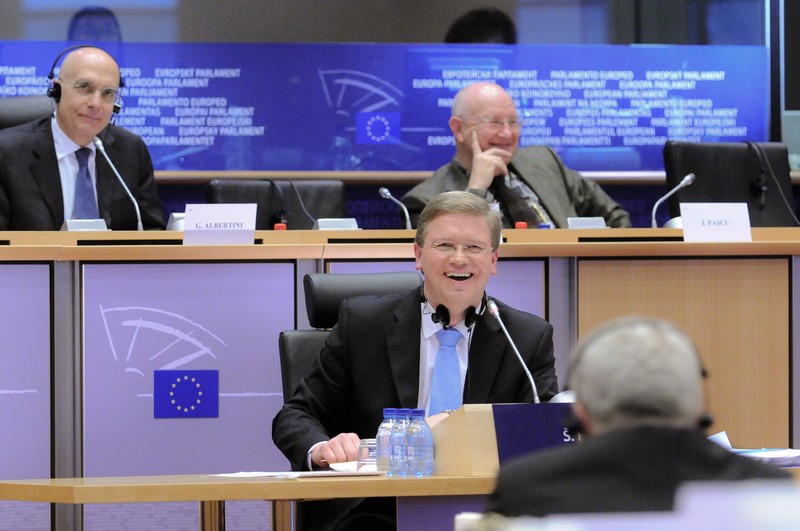
He was minister of EU affairs in the Czech Republic before passing the grand entrance exam on 12 January: Stefan Füle, 47, former nato ambassador for his country, pleads for the cause of an open Europe, especially with regards to the Balkans. He says: EU enlargement should be followed in the strict framework of Copenhagen criteria (Image: ©European parliament)
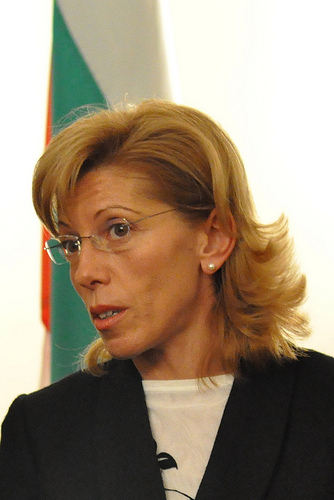
Most of the hype was directed at the hearing of the Bulgarian, 40. The incumbent foreign minister of the Balkan state (conservative GERB party) should have kept quiet about a few of the details concerning her discretionary earnings from the consultancy firm Global Consult. During the last few days in Brussels documents have been in circulation claiming that Jeleva was a joint owner of the firm between 2007 and 2009. Not even her private life was spared: according to the Bulgarian press, Jeleva’s husband Krasimir has held contact with the country’s mafia. Not a good start for the not-so-highly-qualified candidate, who was unable to convince the parliamentarians. MEPs even put pressure on commission president Barroso, threatening to block the whole new EU commission: read what babelblogger gulfstreamblues had to say and the 'facts' from the official cafebabel team in Sofia. On 19 January, Jeleva resigned, paving the way for Kristalina Georgieva, vice-president of the world bank (Image: ©veni/ Flickr)
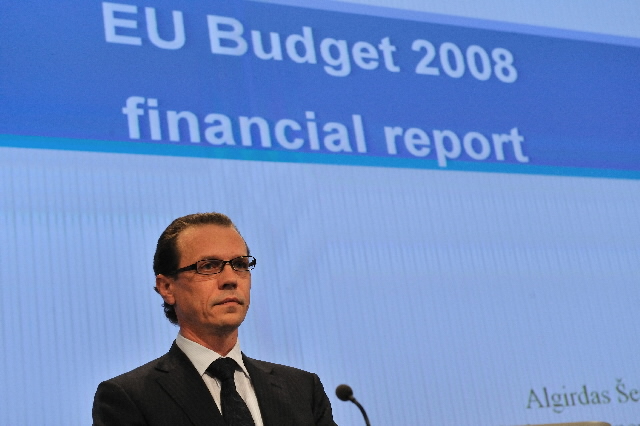
Following in similar footsteps to the now notorious Bulgarian Rumaina Jeleva, the Lithuanian, 48, becomes the second commissioner designate to make an unpopular experience at his hearing in Brussels. Algirdas Gediminas Šemeta picked up some particularly bad marks for his nerves and vague answers on the misspent European funds and reforms at OLAF (European anti-fraud office). The economist-mathematician and former national finance minister will have to pull up his sleeves - and maybe a little smile around the corners of his mouth (Image ©European commission)
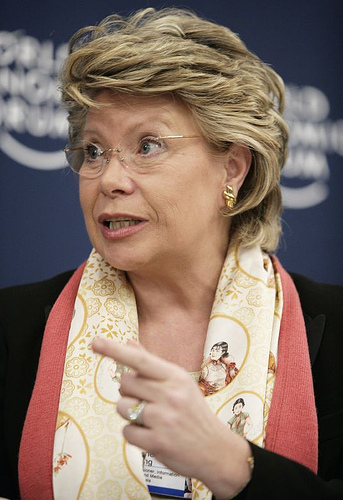
In her hearing, the Luxembourger, 58, emphasised the need to have a civil European code. It would eliminate the problem that represents the lack of mutual recognition of judicial decisions between countries, which affect marriages and divorces for example. The ex-comms commissioner calls for an 'erasmus programme for judges'. Viviane Reding says: 'the fight for safety must not be an obstacle to value for every case the respect to the fundamental rights', in reference to the famous body scanners in the airports (Image: ©worldeconomicforum/ Flickr)
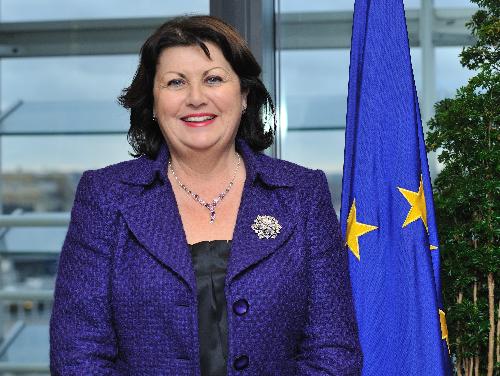
Otherwise known as MGC from the block, Máire Geoghegan-Quinn takes over from Pole Janez Potocnik. Ireland’s first female commissioner, 59, was once to challenge Bertie Ahern for Taoisech, and is also an author of a novel and a journalist. As a former justice, transport, European audit officer and Fianna Fail minister, she seems more than competent to manage a €9 billion portfolio: audit that! (Image: ©European commission)
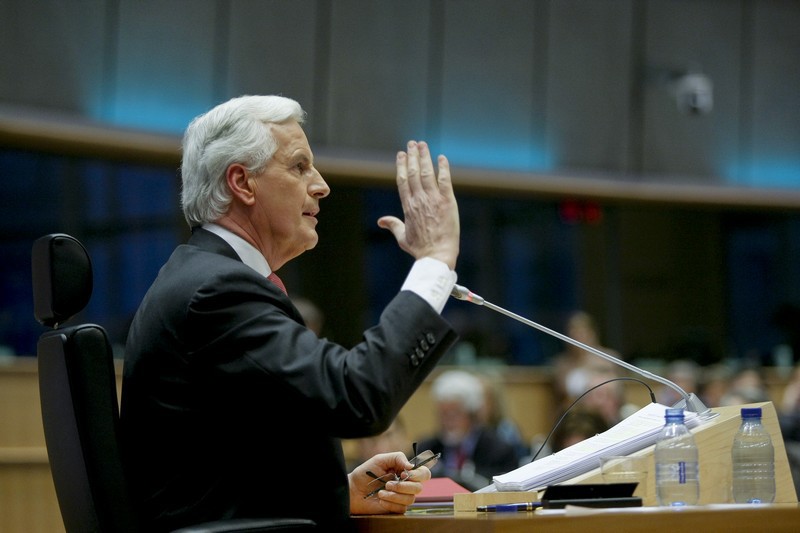
The former fisheries and agriculture minister in France, 58, was elected MEP in 2009 for the European people’s party. His selection distinguishes him from his Irish predecessor, the ultra liberal Irishman Charlie Mac Greevy; Michel Barnier has said that he wants to restore a human and social dimension to the internal market policies.’ He also approves the principle of a ‘social progress clause’ which would permit the alliance of the freedom of the market and fundamental social rights (Image: ©European commission)
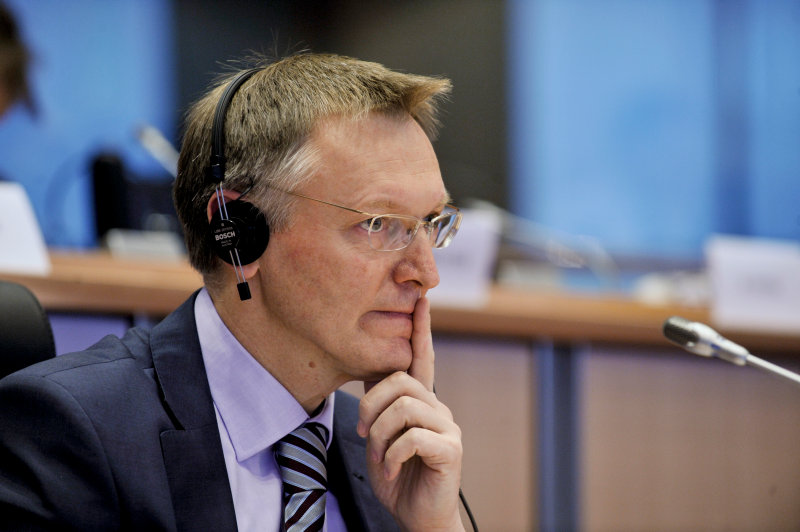
Janez Potocnik, 51, has a huge experience not only in research and management (he’s got a PhD in Economics and was a director at the institute of macroeconomic analysis and development in Ljubljana for years), but also in politics on a national level (as a minister councillor at the Slovenian prime minister's cabinet), and on a European level – he was one of the negotiators of Slovenia’s 2004 entrance to the EU, a member of the 'shadow' cabinet of the commission for enlargement (shared portfolio with Günter Verheugen), to eventually become a rather controversial yet politically independent commissioner for science and research. He says: focus on the stimulation of a green economy and on creating new workplaces (Image: ©European parliament)
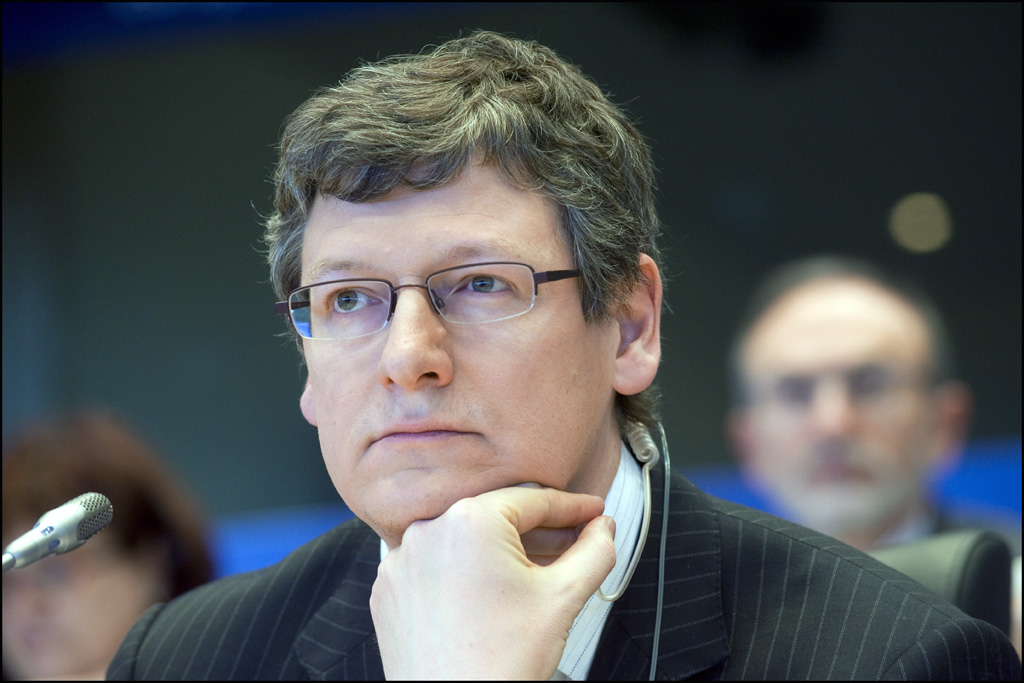
László Andor really is a commissioner in the technical sense of the word: this will be his first important political post. The 44-year-old Hungarian economist was previously on the board of directors of the European bank for reconstruction and development (EBRD). The László prescription for rising EU unemployment is called flexicurity (Image: ©European parliament)
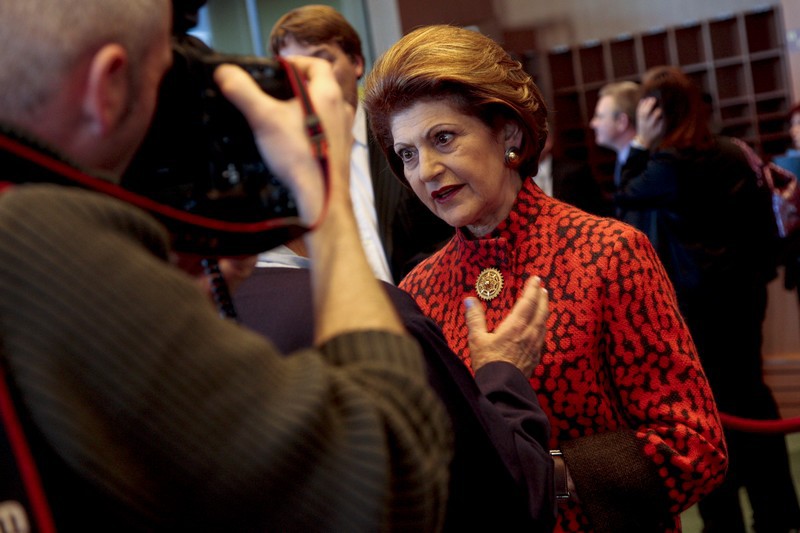
No swine flu or livestock transport issues with this portfolio; Androulla Vassiliou, the 66-year-old Cypriot who was health commissioner, takes over from Jan Figel. As well as being wife to a former Cypriot president, George Vassiliou, Androulla is a trained barrister: with her experience, will dealing with issues like multilingualism and the audiovisual satisfy her? (Image: ©European parliament)
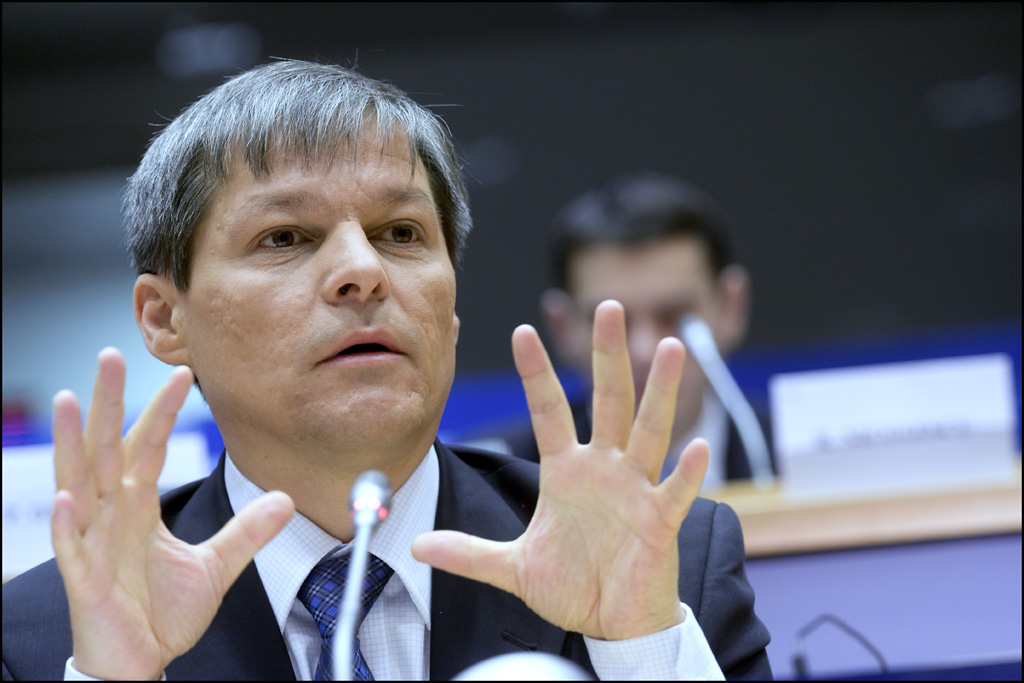
Farmers and co, look up: Dacian Cioloş is a horticultural engineering graduate who studied in France, has interned on its organic farms and is married to a Frenchwoman. At 40, the Romanian is one of the youngest commissioners to take on a portfolio which is looking to the next round of CAP reforms in 2013. Protests aside for the ‘French’ nature of his appointment, the EU press has also criticised Dacian for coming from a country mismanaging EU funds. Yet at his hearing on 15 January, the former national agriculture minister confirmed he would firmly continue the work of (French) predecessor Mariann Fischer Boel. The Lisbon treaty means the EP has a direct say in budgets, ‘green growth’ and rural development (Image: ©European parliament/ Flickr)
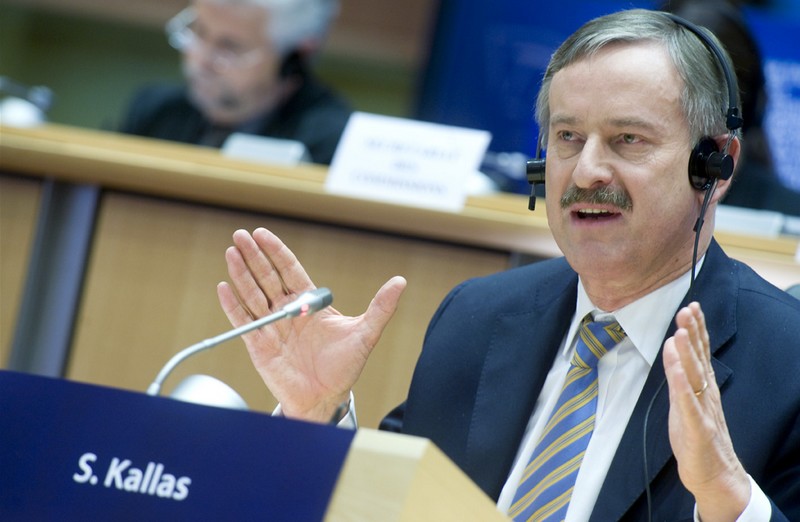
From president of the bank of Estonia to prime minister, Siim Kallas has also been a commissioner at the heart of the former EU team, running the administration portfolio. The issue of airport security largely dominated his hearing. He will be reviewing how to reduce carbon emissions and ease the relations between member states (Image: ©European parliament)
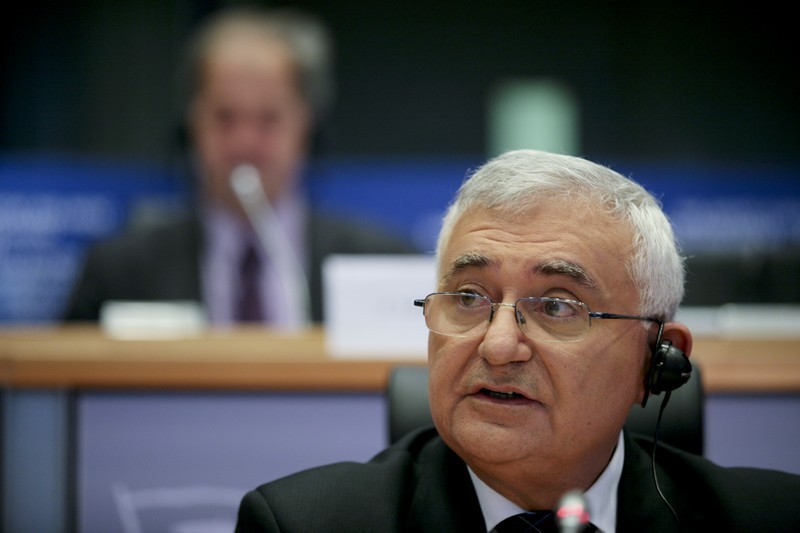
The former accountant is 61. After holding various ministerial posts in his native Malta, the conservative has most recently been social policy minister since 2008. John Dalli says: security for European citizens! According to him, future challenges will be linked to the viability and accessibility of health services on a continent where the demographic reality is in constant mutation (Image: ©European parliament)
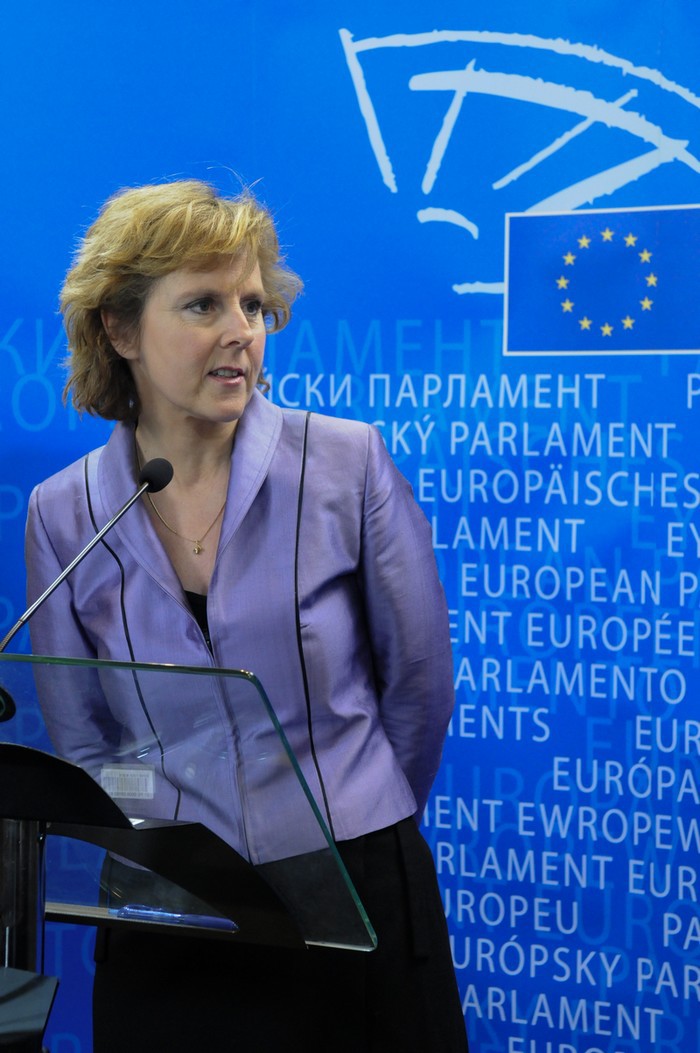
'I would like to see a Europe that is the most climate-friendly region in the world.' Connie Hedegaard, the former Danish energy and climate minister, couldn't conceal her ambition during her hearing. Yet the Copenhagen climate change summit that she presided over in December 2009 (before resigning) didn't exactly churn out the solutions that ecologists and green MEPS were looking for. Before her turn as minister, the 49-year-old was a journalist for the magazine Deadline (Image: ©European parliament)
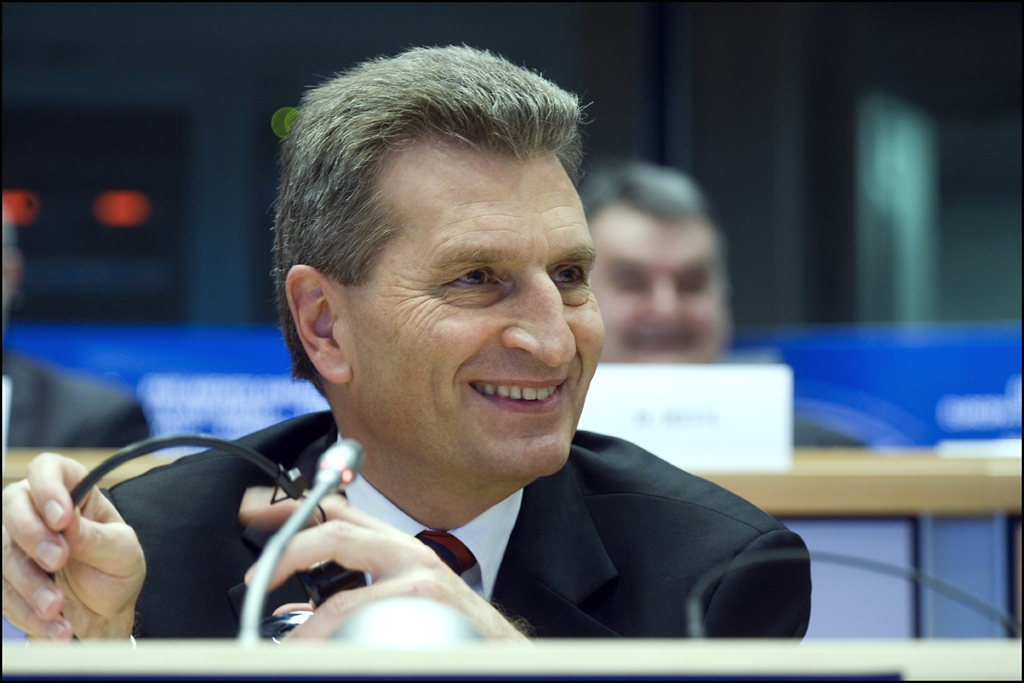
Günther Hermann Oettinger, who governs the German state of Baden-Wuerttemberg, glided through his hearing. The incoming energy commissioner was almost relaxed in his replies to questions about his contacts with German energy company giants such as Eon and RWE. He's most well-known back home for his numerous linguistic faux-pas in the middle of official speeches, Oettinger was bang on when it came to topics such as energy and nuclear efficiency. It's just his English which the 56-year-old still needs to work on (Image: ©European commission)
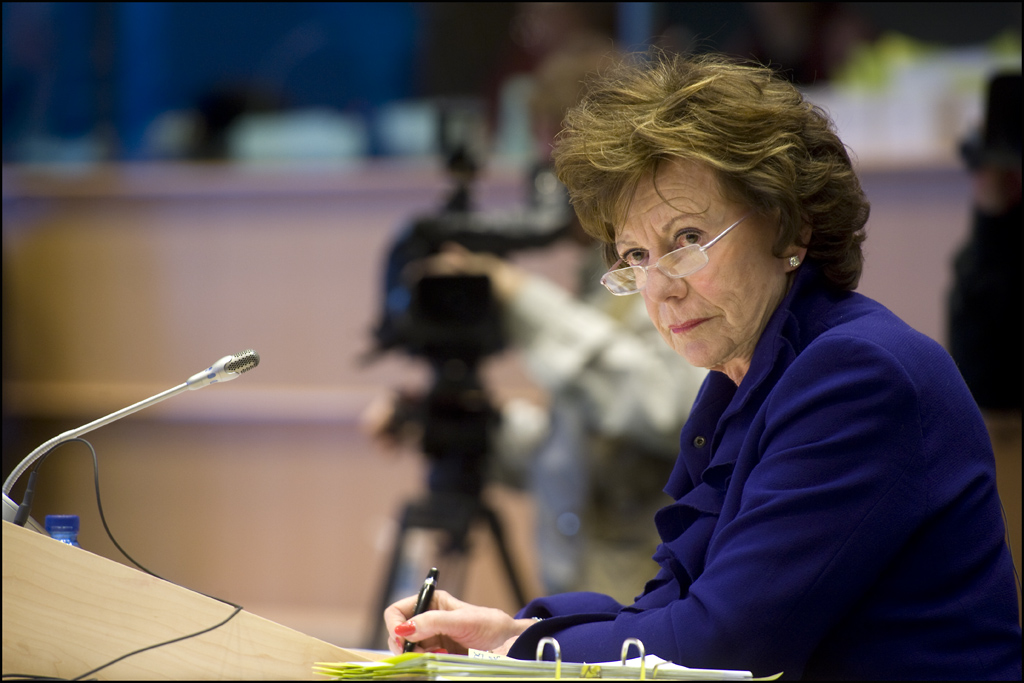
Yes you know her. Her name is etched in digital blood - this is the competition commissioner who tackled Microsoft head on and sanctioned Intel for their anti trust actions. Dutchwoman Neelie Kroes, 68, is also vice-president of the European commission. According to Forbes magazine, she is consistently one of the most powerful women in the world (numbers 47 in 2008, 59 in 2007, 38 in 2006 and 44 in 2005). Steely Neelie denied a conflict of interests as she takes on the prospective digital agenda of the EU: she says her newest goals are to encourage internet connections across Europe and to develop a unique online market (Image: ©European commsission)
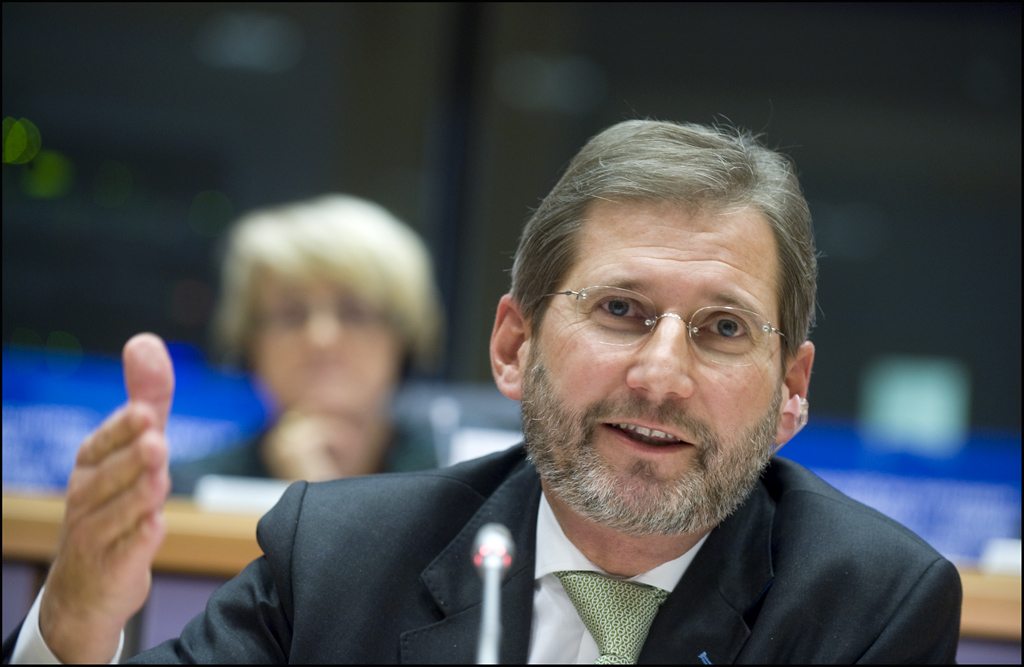
Johannes Hahn, 52, is a great fan of European and integration concepts. He says: invest more in education and research and diversify the economic activities of EU regions in order
to fight the financial crisis. As a former Austrian science and
research minister from the Austrian people's party (ÖVP), Hahn does not have much Brussels experience, but it hasn't prevent the former philosophy PHd student, who was accused of plagiarism in 1987, from replacing his compatriot Benita Ferrero-Waldner (Image: European parliament)
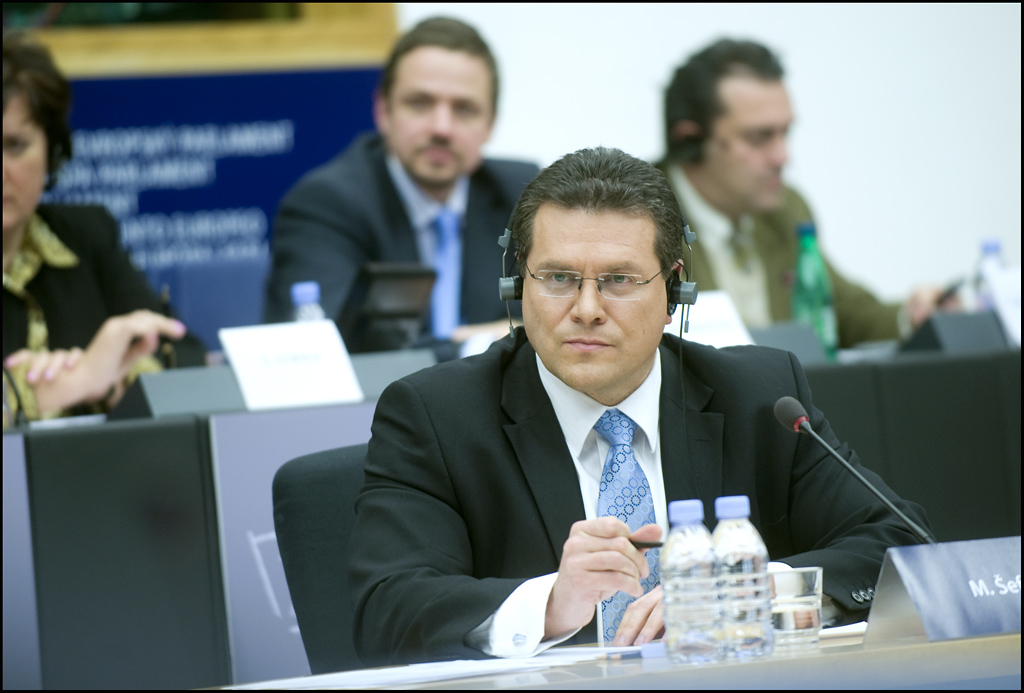
If the centre-left have been pressurising Rumiana Jeleva, it follows that the centre-right EPP fight back. The lamb for slaughter at the hearing on 18 January was Slovak socialist commissioner designate Maroš Šefčovič, who allegedly made a six-word anti-Roma remark in 2005. The former EU and Israel
ambassador survived, backed by Roma organisations and his own competent performance. Šefčovič, 43, would be in charge of issues such as the new EU diplomatic service, the Brussels-Strasbourg seat dilemma, staff regulations and salaries; opponents should stay wise (Image: European parliament/ Flickr)
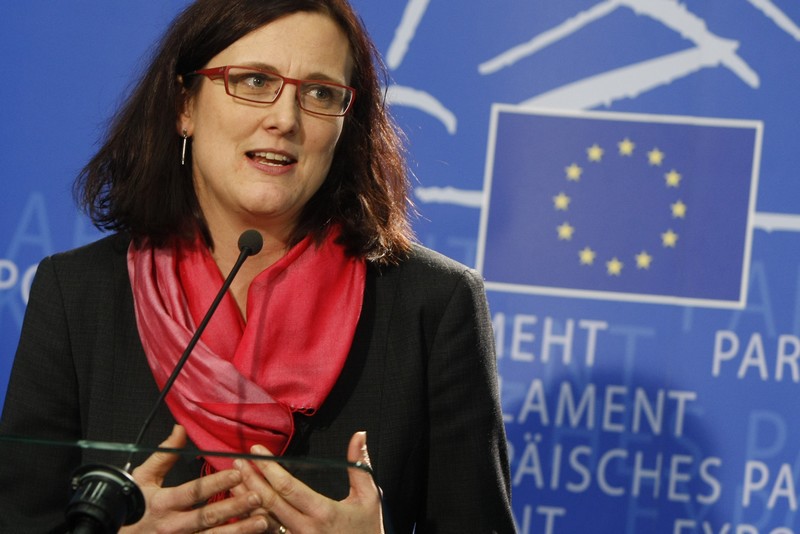
Anna Cecilia Malmström, 41, is a liberal MEP who was formerly Swedish national minister of European affairs. It's unsurprising to see her replace 55-year-old compatriot Margot Wallström. She says: common asylum system, common EU immigration policy; the latter topic, she maintains, is the biggest problem that the EU faces today. She will also focus on police co-operation and border security (Image: ©European parliament)
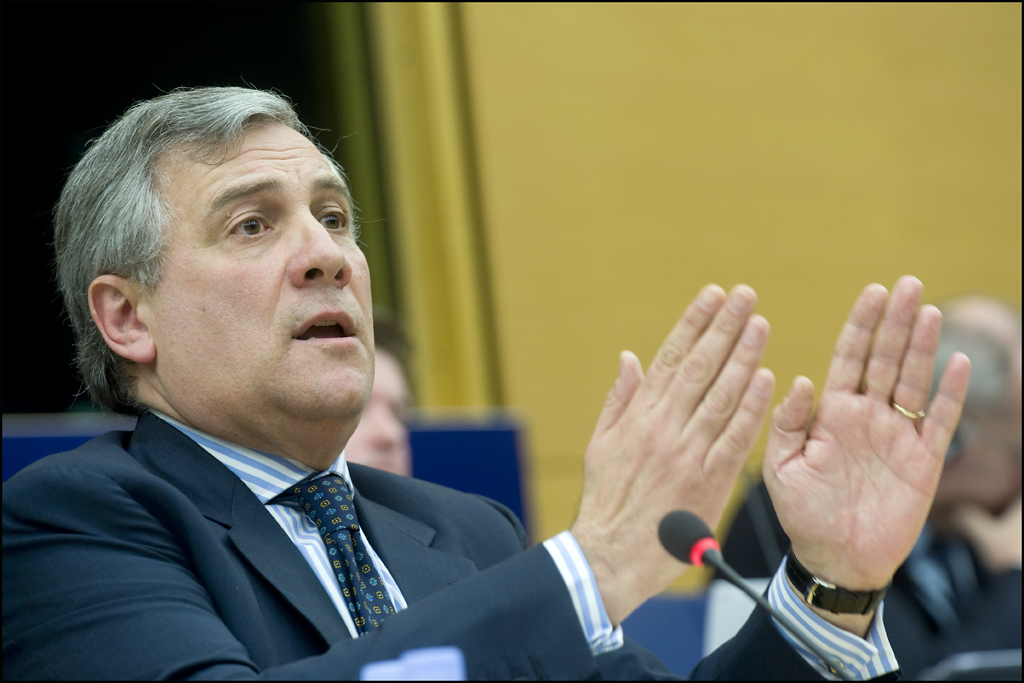
The former Italian air force officer and journalist (corresponding from Lebanon, the soviet union and Sudan), 57, has been an MEP since 1994. Antonio Tajani was transport commissioner during Barroso's first five-year mandate. The conservative says: a new industrial policy, the need to promote an ecological economy which is capable of making the link between industrial policy itself and climate change (Image: ©European parliament)
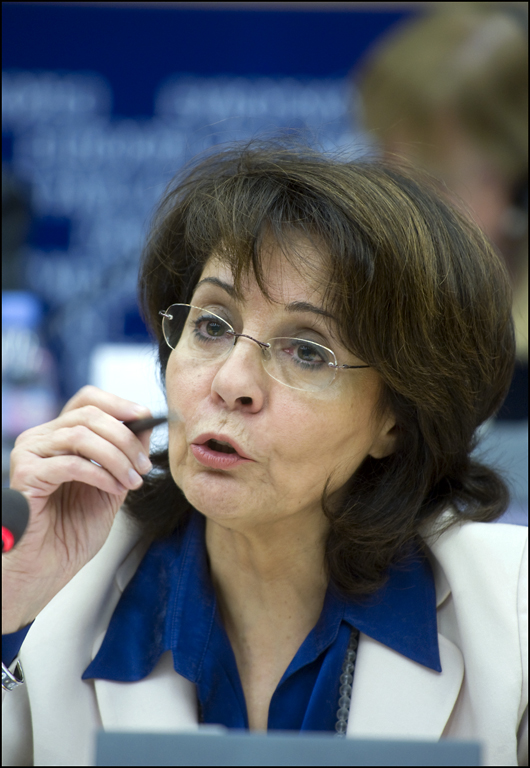
Maria Damanaki was nicknamed the 'voice of the polytechnic'. The Cretan, 57, studied chemistry in Athens and is most respected for her role as an underground activist against the Greek military junta (1967 - 1974). She lent her voice to the pirate radio Edo Polytechnio. She was arrested at a student protest in 1973 and tortured, just months before the regime fell. She entered the communist party in the Greek parliament aged 25 and ended up at the pan-Hellenic socialist party (PASOK) of George Papandreou, the current prime minister of Greece. He is the one who has put Damanaki forward for the commissioner post. She says: 'I will be proud to contribute to blue growth' in Europe (Image: ©European parliament)
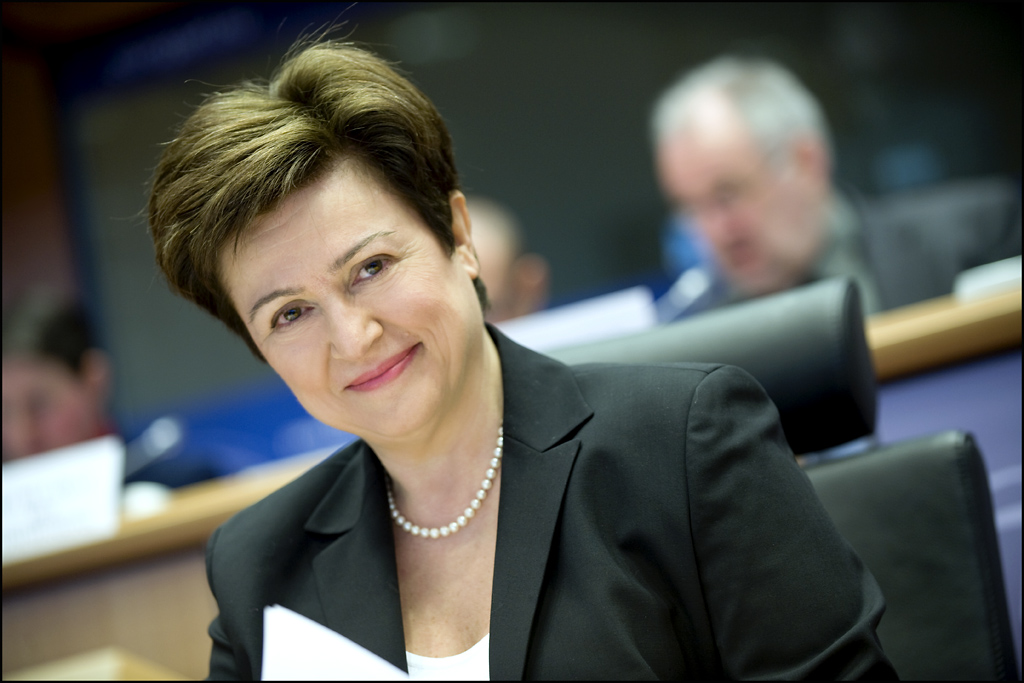
Kristalina Georgieva, 59, until recently a vice-president of the world bank, was thrust into the role of commissioner-designate for humanitarian aid and crisis response after Bulgaria’s first choice for the job, Rumiana Jeleva, was forced to withdraw in January amid questions about her qualifications and business dealings. She’s certainly no Jeleva; why on earth was she not nominated first time around!?
Despite her relatively short preparation time, Georgieva pledged to improve immediate relief to Haiti and make steps to re-establish its government, and use social networks such as Twitter to publicise future EU action. With a PhD in economics and a long career in the field of environmental and durable development policy, the only thing she lacked was a knowledge of French - but she vowed to start learning if her nomination is confirmed: apparently it’s what her mother always wanted from her (courtesy of Andrew Burgess/ image: ©European parliament)
Translated from Zum Vorstellungsgespräch nach Brüssel: Das Einmaleins der neuen EU-Kommissare



